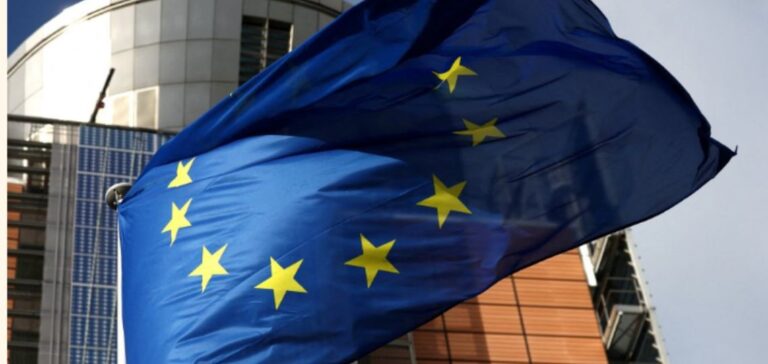The EU has officially concluded inter-institutional negotiations on the improved legal framework for energy efficiency, marking a crucial step in the legislative process initiated in July 2021 as part of the “Fit for 55” package. By rethinking the Energy Efficiency Directive, the EU is moving closer to its climate goals, with a firm commitment to becoming carbon neutral by 2050.
Strengthening energy efficiency measures
The updated legislation sets a legally binding target of reducing final energy consumption by 11.7% by 2030, compared with the 2020 reference year. EU countries will now have to prioritize energy efficiency in policy, planning and major investments. They thus give substantial legal weight to the “energy efficiency first” principle. In addition, EU countries have agreed to almost double their annual energy savings obligation over the next few years. They will achieve an average annual energy savings rate of 1.49% from 2024 to 2030.
European Energy Commissioner Kadri Simson welcomed the adoption, saying: “Another milestone has been reached today towards completing the Fit For 55 objectives. Our increased ambition and stronger measures on energy efficiency will accelerate the energy transition. The EU’s security of supply will be strengthened, and our dependence on Russian fossil fuels further reduced, in line with the REPowerEU plan. The strengthened Energy Efficiency Directive will help us achieve these goals collectively across the EU.”
Strengthening the role of the public sector
The public sector will also play a key role in improving energy efficiency practices. An annual reduction target of 1.9% in public energy consumption is introduced. The 3% annual building renovation obligation extends to all administrative levels. The public sector will also play a key role in the development of the energy services market. It will give priority to energy performance contracts for energy efficiency projects.
Improving the energy efficiency of businesses
EU companies will benefit from energy consumption assessments. Large-scale consumers (over 85 TJ per year) will have to adopt energy management systems. Companies with a consumption of over 10 TJ will have to carry out an energy audit and draw up an action plan for the various recommendations. These measures are designed to improve their energy efficiency. They contribute to the EU’s reinforced energy efficiency objectives. The aim is to raise awareness of the impact of corporate energy consumption. It also aims to promote sustainable practices to support the transition to clean, sustainable energy across the EU.
Promoting transparency in data centers
An obligation to monitor the energy performance of large data centers has been introduced. It promotes transparency and optimizes energy efficiency. An EU database will collect and publish data relevant to the energy performance and water footprint of energy-intensive data centers.
The new legislation promotes local heating and cooling plans in large municipalities. Minimum requirements for efficient district heating and cooling will be progressively tightened. Similarly, the 2050 target calls for total decarbonization of energy supply by 2050.
Access to energy efficiency qualifications
To achieve the enhanced objectives, the workforce needs to acquire the necessary skills. EU countries must guarantee certification and qualification opportunities for energy efficiency professions.
Reinforced financing arrangements for energy efficiency
Legislation supports energy efficiency financing to facilitate private investment. With limited public resources, the private sector plays a key role in the transition to clean energy. EU countries need to promote innovative financing schemes and green loan products for wider, transparent access to investment.






















